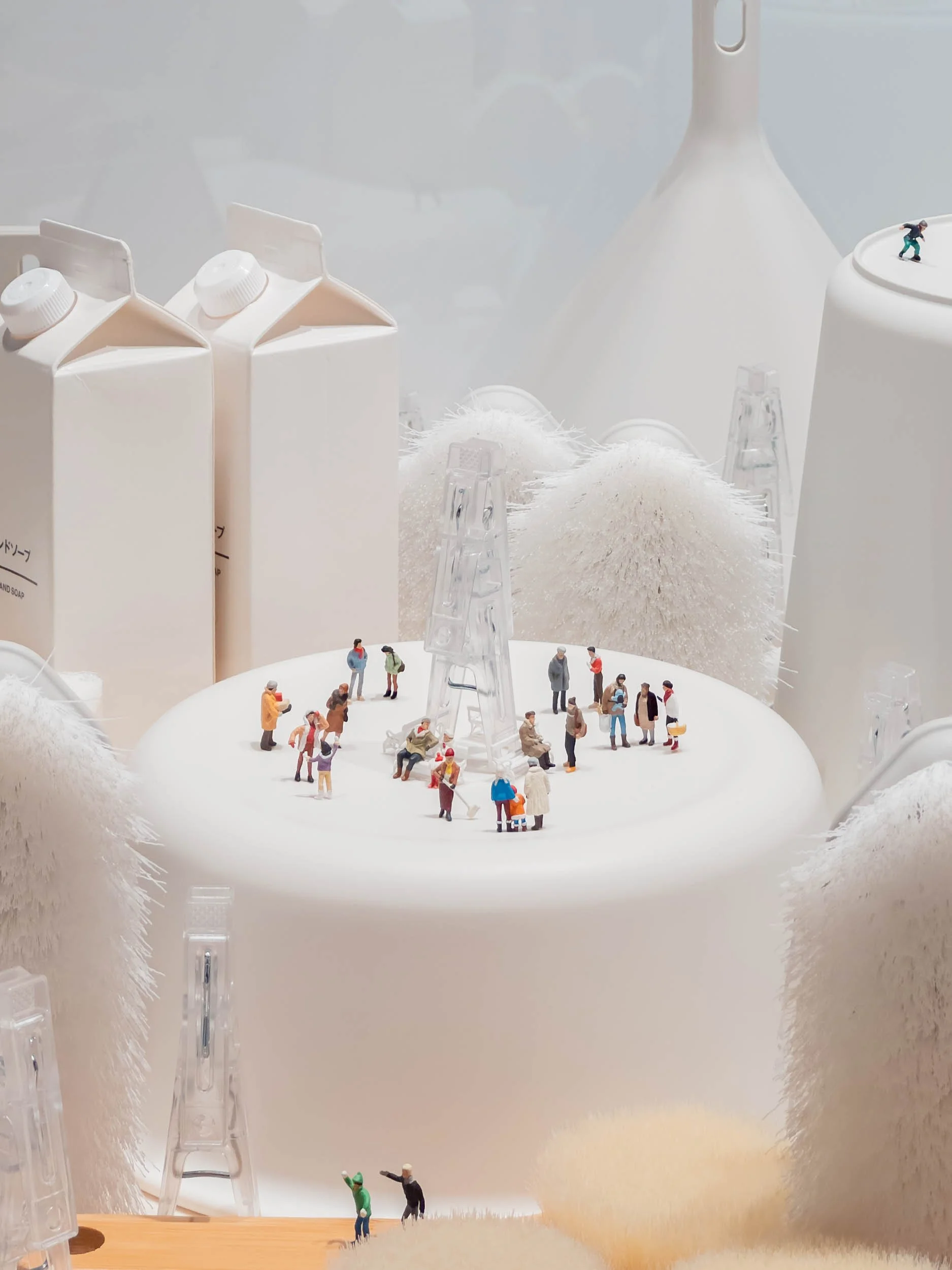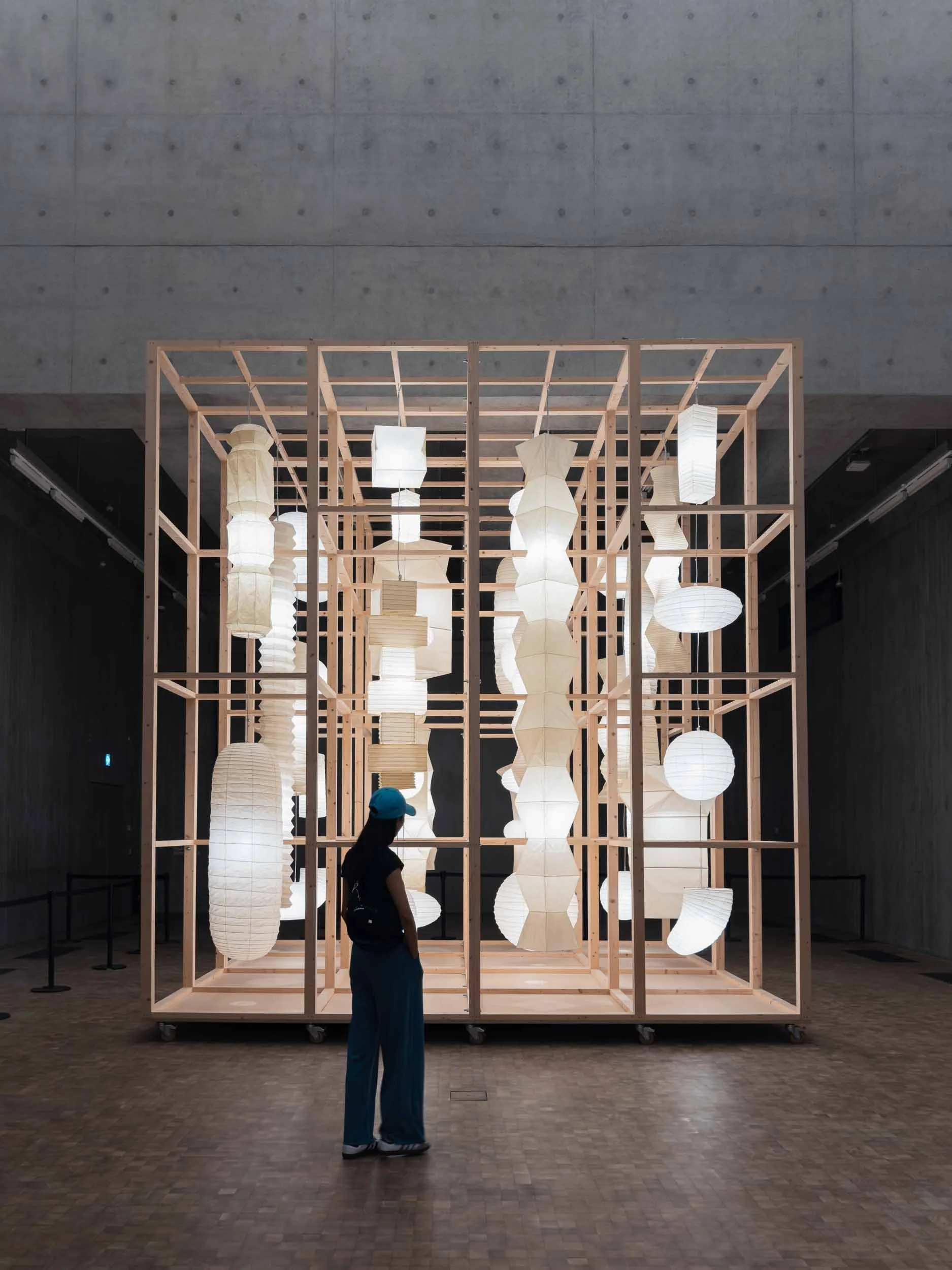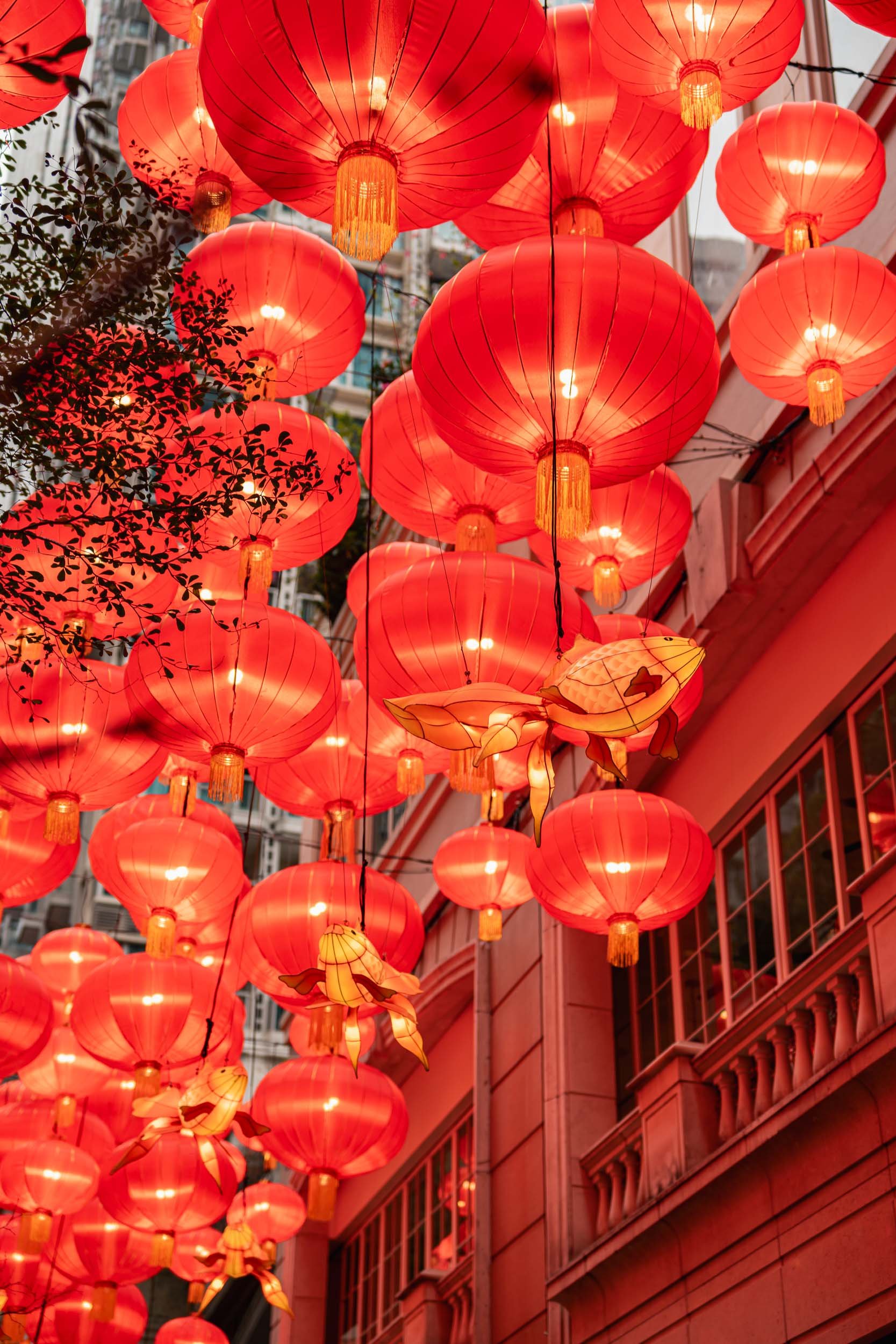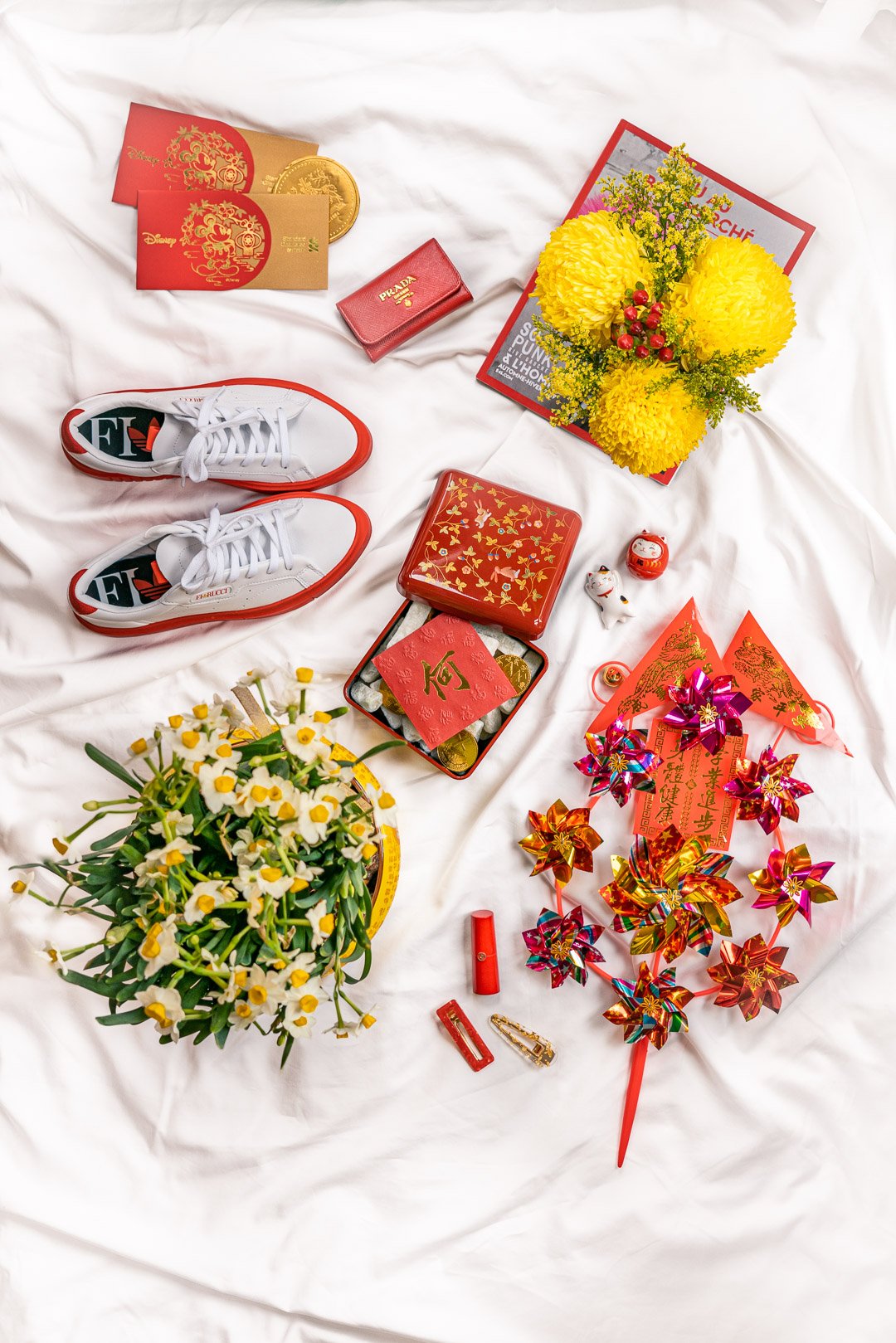Sipping Tradition: A Complete Guide to Herbal Teas in Hong Kong
Step off the MTR and into a different tempo.
One where the city’s pulse slows just enough for you to notice the steamy windows, amber brews, and hand-scrawled signs at the neighbourhood herbal tea shop.
Amidst the urban rush, Hong Kong’s herbal teas are a quiet invitation: pause, sip, and taste a living tradition. To call them ‘drinks’ doesn’t do them justice. These brews are centuries of wisdom poured into a cup, a gentle rebellion against the relentless humidity, and, if you ask me, the best way to experience the city through its most storied flavours.
Why Herbal Teas Matter: Embracing the Ritual
Herbal teas are more than a wellness trend in Hong Kong—they’re a recognised element of the city’s intangible cultural heritage. Rooted in traditional Chinese medicine, these teas have been a staple for generations, balancing bodies and cooling “internal heat” long before air conditioning existed. You’ll find them everywhere, from humble corner shops to glossy supermarkets, but the ritual is what truly makes them special.
Once, herbal tea shops were the heart of the community, a bit like the original coffeehouses: locals would gather, watch television, and share a pot of whatever decoction suited the weather or their ailments. Each remedy is crafted to balance your body’s energy, “qi” (氣), and fight what locals call “internal heatiness” (熱氣)—that uncomfortable feeling of dryness, restlessness, or irritation, especially during Hong Kong’s sweltering summers. That legacy lingers today, even as herbal teas have made their way into modern cafes and bottled convenience.
Popular Herbal Teas: From Sweet to Bitter
What keeps drawing me back to herbal teas isn’t just the promise of better health; it’s the ritual, the history, and the sense of connection to the city’s soul. The slow brewing, the earthy aromas, the bittersweet taste that lingers on your tongue—each cup is a taste of living heritage in the midst of this ultra-modern city.
I’ve compiled a list of the twelve herbal teas most commonly found in Hong Kong, sorted from gentle, sweet concoctions to deep, intense brews. If you’re new to herbal teas, start with something easy that pairs well with food, like the sugar cane and imperatae drink or the sour plum drink. And as you get more adventurous, dive into the deeper, more complex blends like prunella tea or 24-flavour tea. Trust me, even if the bitterness surprises you at first, there’s a reason these teas have stood the test of time; they work and nourish in ways beyond just flavour. So the next time you find yourself in Hong Kong, skip the bubble tea queue and slip into a herbal tea shop.
Lemon Barley Water (檸檬薏米水)
Lemon barley water is the city’s answer to a hot, muggy afternoon. Made by simmering pearl barley and coix seeds with fresh lemon, it’s light, slightly sweet, and has a gentle tang that refreshes without overwhelming. Locals swear by its ability to support digestion and reduce water retention; I personally love how it feels like a gentle reset button after too much street food. Just be prepared for frequent toilet breaks after drinking it.
Sugar Cane and Imperatae Drink (竹蔗茅根水)
Sugar cane and imperatae drink is pure Hong Kong comfort. A blend of sugar cane, imperatae root (a wild grass), water chestnut and carrots, this herbal tea is naturally sweet—think golden nectar with a subtle grassy note. It’s said to hydrate, soothe sore throats, and cool the body, and it is commonly served in a jar at hotpot restaurants. I adore sugar cane juice, and while this drink is less sweet and has a grassy undertone, I find it to be an ultimate thirst-quencher after a day out and about. It’s a crowd-pleaser, even for those who usually shy away from herbal flavours.
Monk Fruit Tea (羅漢果茶)
Monk fruit tea is a revelation for anyone who likes their herbal teas on the sweet side. Monk fruit, or luohan guo, lends a mellow, caramel-like sweetness that’s totally natural. The tea is famed for soothing the throat and clearing coughs, and it’s the one I reach for when I’m battling a scratchy throat or just need something soothing.
Chrysanthemum Drink (銀菊露)
Chrysanthemum drink is elegance in a cup. This refined version of chrysanthemum tea is often blended with silver needle and other cooling botanicals, known for soothing sore throats and calming the mind. It’s delicate, floral, and gently crisp—a kind of aromatic sigh after the city’s chaos. Hands-down my favourite go-to all year round.
Sour Plum Drink (酸梅湯)
Sour plum drink, more locally known as suanmeitang, is Hong Kong’s answer to the palate cleanser. Crafted from smoked plums, hawthorn, and liquorice, it’s intensely tangy with a subtle smokiness—like a soft, tart hug for your taste buds. Another popular drink at hotpot restaurants, it’s famous for aiding digestion and easing thirst, especially after a hearty meal. Personally, it’s a nostalgic taste—reminding me of summer nights and the hum of dai pai dongs.
Chicken Bone Grass Tea (雞骨草)
Chicken bone grass tea might sound intimidating by name, but it’s a staple for cleansing and revitalising. Made from a wild herb—not actual chicken bones, rest assured—it’s earthy, slightly smoky, and surprisingly comforting. This is the brew I reach for when city living feels a bit too much; it’s grounding and restorative, perfect for after a long day when you want to feel rejuvenated and balanced.
Hemp Seed Tea (火麻仁)
Hemp seed tea is the unsung hero for digestion. Made from roasted hemp seeds, this tea has a nutty, almost creamy texture, and is prized for its ability to ease constipation. There’s no high here—just a quietly nourishing, slightly savoury cup that feels like a warm hug for your gut.
Five-Flower Tea (五花茶)
Five-flower tea is the prettiest of the bunch. Combining chrysanthemum, honeysuckle, jasmine, and two other fragrant blossoms, it’s light, floral, and faintly sweet. With delicate notes balancing out its subtle bitterness, this blend is beloved for its refreshing qualities that clear heat and detoxify your system. Despite its name, I wouldn’t liken drinking it to walking through a blooming garden on a warm spring day, but compared to the more intense drinks down the list, this is still incredibly easy to enjoy regularly.
Cold Relief Tea (感冒茶)
Cold relief tea is the herbal equivalent of a warm blanket when you’re coming down with a cold or flu. The taste of a robust blend of herbs like honeysuckle, forsythia, and other immune-boosting ingredients is sharp, intensely herbal, and a bit bitter. But every sip feels like it’s washing away the sniffles and congestion, and it’s my secret weapon against sniffles when monsoon season rolls in.
Prunella Tea (夏枯草)
Prunella tea is for the true herbal enthusiasts. Made from the prunella herb, it’s used to clear liver heat and reduce swelling, with a grassy, slightly bitter profile. It’s not for the faint-hearted, but once you develop a taste for it, you’ll appreciate its medicinal undertones and quiet complexity.
Herbal Tea with Tortoise Plastron (龜苓茶)
Herbal tea with tortoise plastron is where tradition meets adventure. It’s the liquid cousin of the herbal jelly guilinggao (龜苓膏), a thick, black jelly made from Chinese herbs and traditionally, tortoise plastron—though these days, many versions are entirely botanical. Bitter and medicinal, it’s served with syrup or honey to soften the edge. My first spoonful was a shock, but now, it’s a once-in-a-while treat that tackles the most stubborn forms of internal heat.
24-Flavour Tea (廿四味)
24-flavour tea is the king of complexity, a signature herbal concoction of Hong Kong’s herbal tea culture. A dark, bitter blend of two dozen herbs, this tea is a powerhouse for clearing heatiness and detoxifying the body; locals claim it cures everything from breakouts to hangovers. Earthy and bitter, the taste is a bit of an acquired one, and I’ll admit it takes guts to finish a full glass, but you’ll walk out feeling like you’ve done your body a favour.
Where to Find Authentic Herbal Teas in Hong Kong
For the truest taste of tradition, nothing beats a visit to an old-school herbal tea shop, where small, unassuming storefronts have wooden shelves lined with jars of herbs. These are the places where herbal teas become a ritual—served hot or cold, sometimes with a knowing recommendation from the herbalist behind the counter. If you’re more of a DIY type, many local pharmacies stock pre-packaged blends for home brewing; it’s a brilliant way to experiment with recipes at your own pace.
Modern tea houses and cafés have also embraced herbal teas, offering creative twists that bridge the gap between past and present. Think chrysanthemum iced tea with a twist of lemon, or hemp seed tea latte served with oat milk. Supermarkets, meanwhile, are stocked with bottled and boxed herbal teas. They’re convenient, albeit milder—great for a quick fix, but no match for the real deal if you crave that authentic, medicinal kick.
And if you want something truly bespoke, Chinese medicine clinics will often prescribe and blend herbal teas tailored to your individual needs. It’s a beautiful reminder that in Hong Kong, health and taste are always intertwined.
Related Posts









![Chinese New Year: Auspicious Greetings Explained [2025]](https://images.squarespace-cdn.com/content/v1/5fa57aacf5b0a90a76b0d7cc/1737973930270-VXR2YWL7V7HVHAQV1VPN/HYW09361-squarespace.jpg)